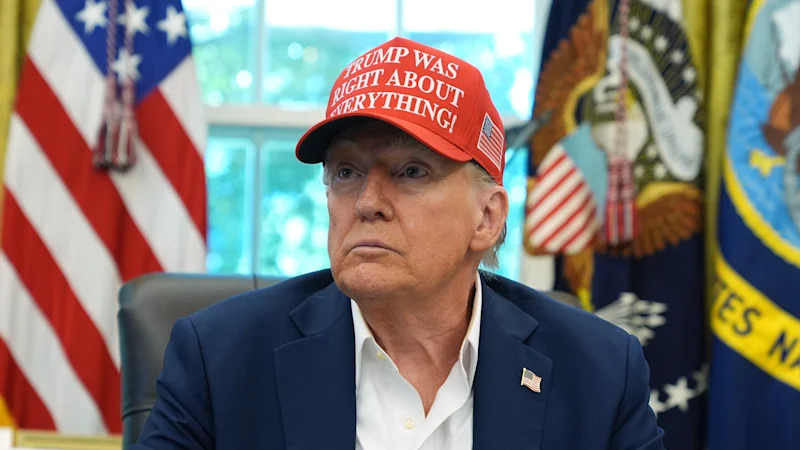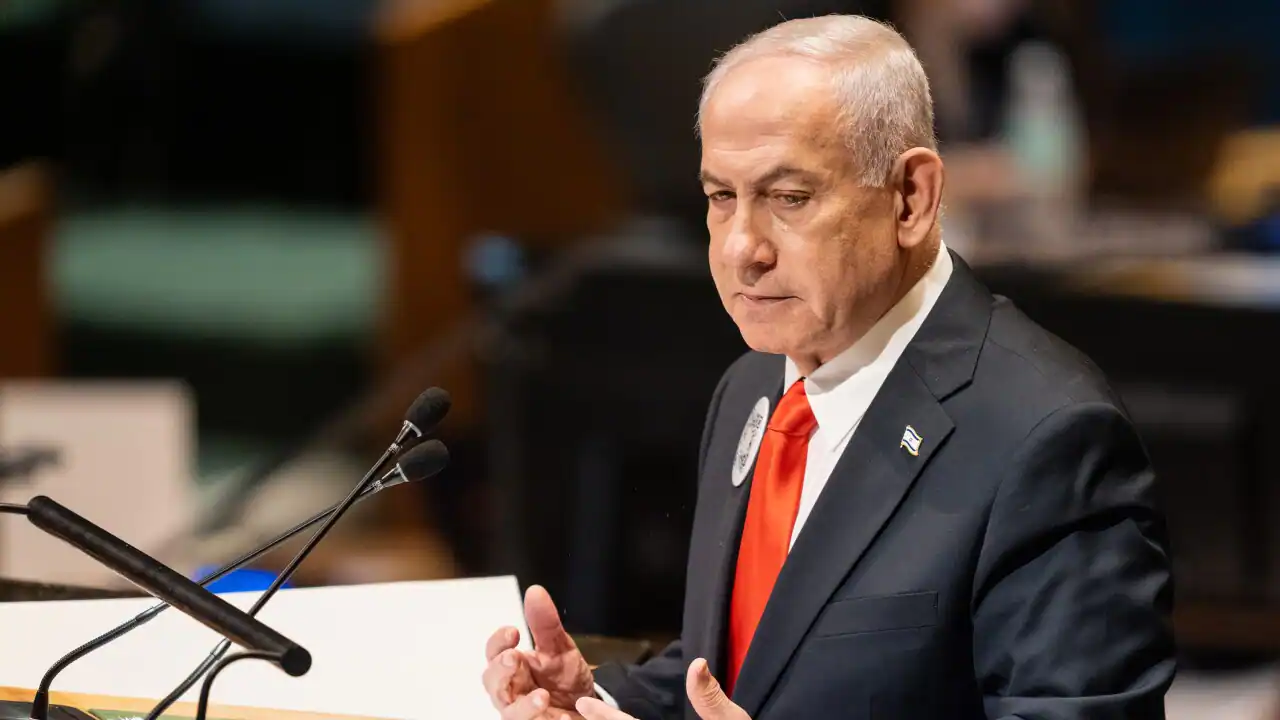Copyright brisbanetimes

From what both sides have said about the negotiations, they covered an extension of the suspension of tit-for-tat reciprocal tariffs, a deferral of the imposition of China’s rare earth export controls and o-operation on fentanyl (where China’s is a source of pre-cursor chemicals). They also canvassed China’s purchases of US soybeans and other agricultural products, America’s levies on Chinese ships docking at US ports and China’s retaliation to those levies with fees of its own on US-owned or financed ships entering its ports. The two hot-button issues among those issues of dispute are rare earths and soybeans. China shocked the US when it announced this month that it would tighten and extend its export controls on rare earths and rare earth magnets, which are vital to the manufacturing of everything from smartphones to automobiles to missiles. China’s new export licensing regime would restrict shipments anywhere in the world that contained even traces of its rare earths which, given its dominance of their production and processing, could effectively give it the power to shut down the rest of the world’s advanced manufacturing. The reach of the controls would ensure the US couldn’t gain access to rare earths via third parties.



